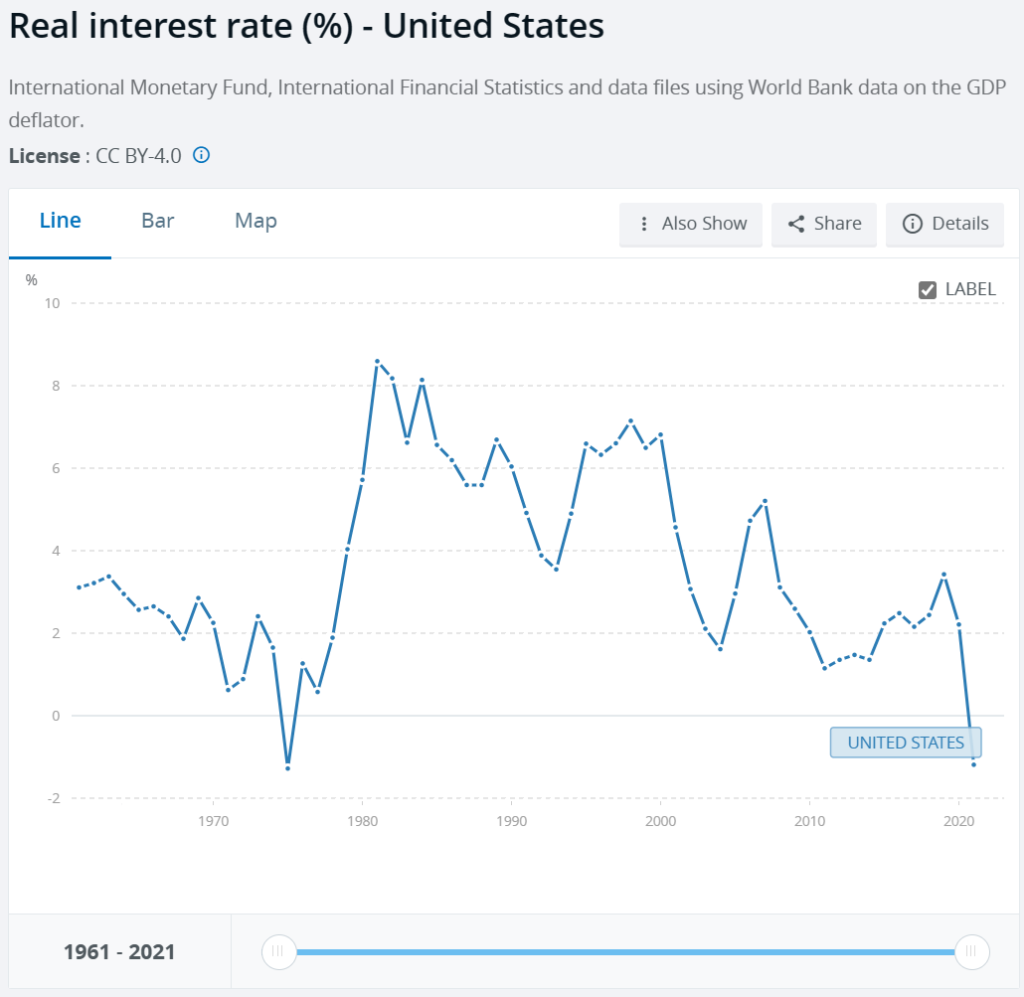By: Steve Sosnick, Chief Strategist, Interactive Brokers
Traders have decided that even though it’s still earning nearly 5%, cash is trash compared to quick profits in a wide variety of risk assets.
Remember, market movements hinge on the equilibrium between fear and greed. While the “F” in “FOMO” is fear, FOMO is actually a manifestation of greed. Nervousness about losing money is fear. If you’re concerned about not making enough money, that’s greed. Right now, you have portfolio managers in both equity and fixed income chasing performance into year-end. While individuals are often perceived as being more susceptible to FOMO, it actually hits professionals more directly. No portfolio manager wants to underperform his benchmark and peers, so they need to be afraid of missing out. Momentum has a way of becoming self-fulfilling.
The root of the “everything rally” is the expectation that rates will be coming down, and that is indeed a solid reason for a rise in risk assets. Thanks to the combination of a positive read of yesterday’s Fed-speak and positive comments about bonds from famed investor Bill Ackman, we now see Fed Funds futures pricing in a rate cut in May instead of June. From a theoretical standpoint, almost every pricing model utilizes risk-free rates as a discounting mechanism. For bonds, it’s obvious – if short-term rates come down, that needs to be reflected throughout the yield curve. In the case of stocks, if rates are declining, the present value of a company’s future cash flows increases, and thus so should its stock price. In the case of gold, I prefer to think of it as an “anti-dollar” than an inflation hedge. Remember, the rate cuts are predicated on tame inflation, but since lower US rates reduce the appeal of the dollar, the falling dollar boosts gold. A lower dollar also benefits multinational stocks.
But the more immediate situation is that investors have become addicted to liquidity and thus get very excited about the possibility of a fresh dose. The prospect of easy money allows Bitcoin to zoom in anticipation of ETF listings based upon the inherent assumption that the public is waiting around to put their money into those funds. It’s certainly more likely if folks are in a speculative mood. And we have a rally in GameStop (GME) today…
My concern is that stock traders have become more enamored about the prospect of cuts without fully considering the “why.” If we do get a soft landing, why would the Fed be willing to cut as early as May? They would need to see sustained 2% inflation. Considering we’re not there yet, that seems premature. And it’s also not clear that the Fed will see the need to lower real interest rates preemptively if the economy is chugging along modestly. Remember, it’s the last few years that have been abnormal in that regard. The current rate is a bit high on a historical basis, but not out of line with what prevailed prior to the Global Financial Crisis. (see graph at bottom)
Finally, consider also that next year is an election year. The Fed is historically loath to change rates ahead of an election to avoid perceptions that they are picking sides. As we saw in 2020, it is unlikely that the Fed would refrain from activity if circumstances dictate. But it would also mean that any pre-emptive or discretionary changes would likely need to occur earlier in the year. Futures are currently pricing at least one rate cut between July and November.
As noted above, I have no reason to doubt that the Fed would be quick to cut rates or back off QT if economic circumstances dictate. But those circumstances are not what is priced into the market right now. Be careful what you wish for.

This post first appeared on November 28th 2023, Traders’ Insight Blog
PHOTO CREDIT: https://www.shutterstock.com/g/pandorastudio
Via SHUTTERSTOCK
DISCLOSURE: INTERACTIVE BROKERS
The analysis in this material is provided for information only and is not and should not be construed as an offer to sell or the solicitation of an offer to buy any security. To the extent that this material discusses general market activity, industry or sector trends or other broad-based economic or political conditions, it should not be construed as research or investment advice. To the extent that it includes references to specific securities, commodities, currencies, or other instruments, those references do not constitute a recommendation by IBKR to buy, sell or hold such investments. This material does not and is not intended to take into account the particular financial conditions, investment objectives or requirements of individual customers. Before acting on this material, you should consider whether it is suitable for your particular circumstances and, as necessary, seek professional advice.
The views and opinions expressed herein are those of the author and do not necessarily reflect the views of Interactive Brokers, its affiliates, or its employees.
DISCLOSURE: FUTURES TRADING
Futures are not suitable for all investors. The amount you may lose may be greater than your initial investment. Before trading futures, please read the CFTC Risk Disclosure. A copy and additional information are available at ibkr.com.
DISCLOSURE: FOREX
There is a substantial risk of loss in foreign exchange trading. The settlement date of foreign exchange trades can vary due to time zone differences and bank holidays. When trading across foreign exchange markets, this may necessitate borrowing funds to settle foreign exchange trades. The interest rate on borrowed funds must be considered when computing the cost of trades across multiple markets.
DISCLOSURE: ETFS
Any discussion or mention of an ETF is not to be construed as recommendation, promotion or solicitation. All investors should review and consider associated investment risks, charges and expenses of the investment company or fund prior to investing. Before acting on this material, you should consider whether it is suitable for your particular circumstances and, as necessary, seek professional advice.
DISCLOSURE: DIGITAL ASSETS
Trading in digital assets, including cryptocurrencies, is especially risky and is only for individuals with a high risk tolerance and the financial ability to sustain losses. Eligibility to trade in digital asset products may vary based on jurisdiction.



